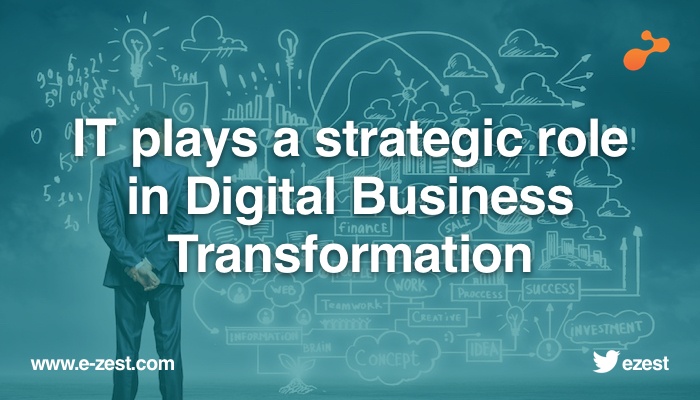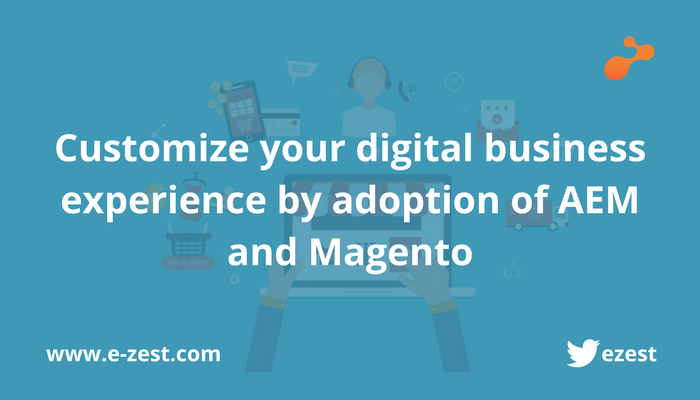According to industry experts, by 2018 the landscape of market will advance considering the business paradigm and therefore enterprises must be prepared for this huge evolution. Enterprises must streamline their strategies to develop a direct consumer model as the market is just not limited to retailers. Having an established strategy on a global level is mandatory for enterprises who are keen to connect with consumers personally.
With massive adoption of mobile devices, more than half of e-commerce is done on mobile and tablets. This technological acceleration is transforming consumer behavior and the mobile commerce growth is forcing enterprises to provide a multi-channel experience to consumers, be it through mobile, online, stores or by other platforms.
To reach wide-range of consumers, enterprises are looking to provide integrated e-commerce services. However, they are oblivious of the fact that reaching to consumers across the globe and infiltrating the market requires more efforts rather than just having an online presence. Market offers various opportunities for business growth but there are lot of business that are on the edge of digital commerce and skeptical about how to proceed with it.
Digital commerce is not about setting up a technology infrastructure online to sell products. Rather it is about digital transformation, where it is equally vital for enterprises to appreciate the essence of it. Enterprises will have to evaluate where they truly stand in terms of digital commerce and transform their business processes accordingly. Comprehending the short term and long term business goals can help them in providing an excellent digital commerce experience to the consumers.
Usually, enterprises rush towards using latest technology for building a digital commerce platform without knowing the customer expectations. They tend to invest into wrong functionality and ignore the long term objectives. To avoid these, enterprises can follow an agile and pragmatic deployment approach. Being open to optimization can provide them flexibility while acclimating new solutions.
As the digital commerce process is a complex one, enterprises should look for real partners to collaborate to understand the perspective of technology as well as the business. The partner with whom enterprises are planning collaboration must have technological expertise and end-to-end commerce solutions to support the enterprises long-term goals.
To sum up, as enterprises grapple in gauging the latest technologies and opportunities they must prioritize their business goals. Yes, there are lot of technologies available in the market but enterprises must not follow the crowd and make sure what is suitable for them. Enterprises must embrace digital commerce completely but success will come only when they contemplate the changing consumer requirements and how to establish a direct consumer relationship.







